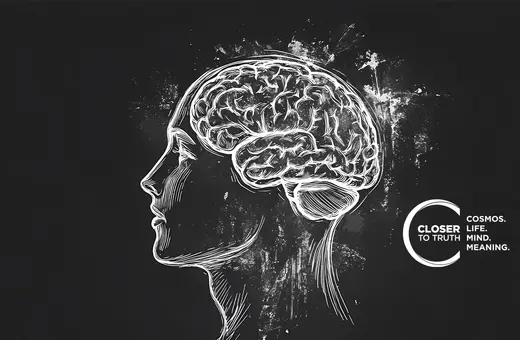Scientific knowledge is often seen as objective, rooted in evidence available to all. But standpoint epistemology challenges this idea, arguing knowledge is shaped by social position and power, and that there is knowledge directly accessible only to those who have been oppressed. MIT philosopher Sally Haslanger goes further, suggesting science doesn’t just need diverse perspectives. Drawing on feminist standpoint theory, she argues that questioning the dominant societal structure can lead to deeper, more reliable scientific knowledge.
Epistemology is the study of knowledge, episteme. Plausibly, there are many kinds of knowledge. You can know that the cat is on the mat. You can know that water is H2O. You can know how to knit or how to drive a car. You can know your mother or your best friend. Philosophical inquiry into knowledge in the “Western” tradition has focused on ‘knowing that’, or ‘propositional knowledge’. But even considering just ‘knowing that,’ there are still many kinds of cases. I can have knowledge of ordinary states of affairs, e.g., that the cat is on the mat. I can have scientific knowledge, e.g., that water is H2O. I can also have knowledge of my own my attitudes and perceptual states, e.g., I can know that I’m a bit chilly right now and want a sweater. And I can know mathematical and logical truths.
___
Those who are oppressed have access to information about the world that others, specifically those who have not experienced oppression, lack direct access to.
___
What is scientific knowledge?
I’m going to describe two approaches to standpoint epistemology, but it will help to start with a rough characterization of what standpoint epistemology is responding to. On most philosophical accounts, one’s beliefs count as knowledge only if they are justified, whether by reason or evidence or in some other way. When it comes to scientific knowledge, there are certain specific requirements that this justification needs to meet. Scientific knowledge is not just knowledge of particular facts, like whether the post office is open today. Science provides more general knowledge and aims to serve as a common ground for our efforts to coordinate. If we want to provide clean potable water to a city or town, we need to have knowledge of the local geography, thermodynamics, mechanical engineering, and human health needs. Just guessing, or relying on unwarranted belief, is not going to be good enough to make a system of this kind work reliably and serve our ends. Moreover, in a democratic society, the basis for actions that affect the collective should be, at least in principle, transparent. Knowledge is a source of power, so we shouldn’t rely on arcane sources of information. To avoid manipulation of the population, we should rely on claims that can be tested and verified. In short, scientific justification needs to be public and replicable.
Historically, such methods have required, among other things, aperspectivity. That is, the evidence that we use to support a claim should be, in principle, available to anyone. Of course, when we are talking about sophisticated thermodynamics, not everyone is going to be able to understand the reasoning behind the model in question. Nevertheless, the point is that sophisticated scientific claims are the result of a combination of careful observation and reasoning, and although it may take training to have access to the observations and perform the complex reasoning, there is nothing hidden in the process. It is public and again, in principle, open to anyone.
 SUGGESTED READING
The myth of value-free science
By Melanie Challenger
SUGGESTED READING
The myth of value-free science
By Melanie Challenger
Standpoint epistemology





















Join the conversation